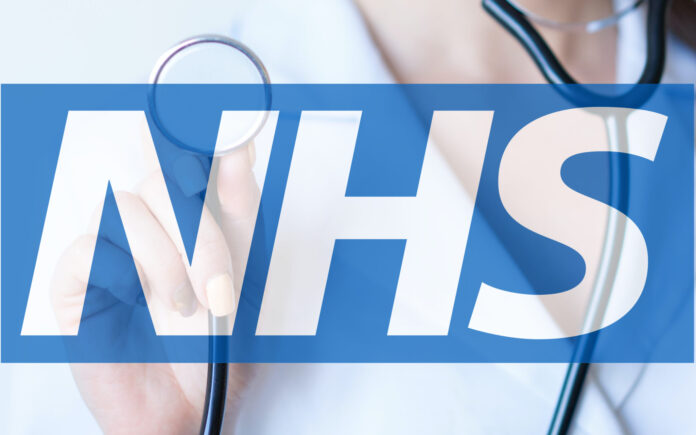The UK government has committed £21 million to deploy artificial intelligence (AI) based technologies across the National Health Service (NHS) to help diagnose conditions such as cancers, strokes and heart conditions. NHS Trusts, geographically organised healthcare units within the NHS, will be able to bid for funding to accelerate the deployment of the “most promising AI imaging and decision tools” to help treat people in time for winter, it said.
The government has committed to roll out AI stroke-diagnosis technology to “100 percent of stroke networks” by the end of 2023; as it stands 86 percent of stroke networks already have access to AI tools. NHS usage of AI has already, “in some cases”, halved the time for stroke victims to get treatment by helping doctors make faster diagnoses – “which has been shown to triple the chance of patients living independently after a stroke”.
Dr Deb Lowe, director of the National Clinical for Stroke Medicine within NHS England, said: “The use of AI decision support software in the initial stages of stroke care means patients get interventions quicker, reducing the likelihood of disability and saving the brains. We are already seeing the positive impact of AI… on stroke care, where rapid assessment and treatment are of the essence, and we now have real world evidence of the benefit for NHS patients.”
NHS Trusts will apply for support to a new AI Diagnostic Fund, which also specifies AI tools to analyse chest X-Rays in order to diagnose lung cancer, the leading cause of cancer death in the UK. A statement said: “With over 600,000 chest X-rays performed each month in England, the deployment of diagnostic AI tools to more NHS Trusts will support clinicians to diagnose cancer patients earlier, improving patient outcomes.”
Dr Katharine Halliday, President of the Royal College of Radiologists said: “All doctors want to give patients the best possible care. This starts with a timely diagnosis, and crucially, catching disease at the earliest point. There is huge promise in AI, which could save clinicians time by maximising our efficiency, supporting our decision-making, and helping identify and prioritise the most urgent cases. Together with a highly trained and expert radiologist workforce, AI will undoubtedly play a significant part in the future of diagnostics.”
Funds are available for any AI diagnostic tool that NHS Trusts wish to deploy, but bids must “represent value for money for the funding to be approved”, said a government statement. The government said it has already invested £123 million into “86 AI technologies”, to support stroke diagnosis, screening, cardiovascular monitoring, and also to manage conditions at home.
The government also recently announced a new AI & Digital Regulation Service to help NHS staff find the right information and guidance when it comes to deploying AI devices safely. The statement said: “This has made it easier for developers and adopters of AI to understand regulations governing AI in the NHS and is saving them time in bringing products to market.”
The NHS spends £10 billion a year on “medical technology”; the global market for medical technology is forecast to reach £150 billion next year, it said. The new funding has been announced to coincide with the NHS’s 75th birthday, and politicians weighed in to proclaim its future as tech-assisted institutional health- and care-giver.
Secretary of State for Science, Innovation, and Technology Chloe Smith, said: “Improving diagnosis and speeding up treatments for patients through AI is a game-changer. The application of AI across the NHS is supported by our balanced regulatory approach and has the potential to be truly transformative…. Nothing could be a more fitting celebration of its 75th anniversary than a demonstration of how the NHS remains at the cutting edge of modern day technology.”
Health and Social Care Secretary Steve Barclay said: “AI tools are already making a significant impact across the NHS… As we celebrate the NHS’s 75th birthday and look ahead to the future, I’m focused on adopting the latest cutting-edge technology across our health and care system to ensure we can continue to deliver the best care for our patients and cut waiting times, which is one of the government’s five priorities.”

